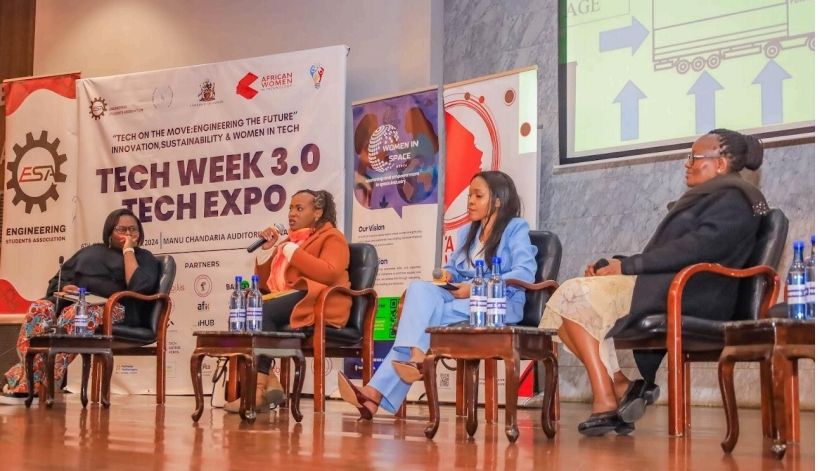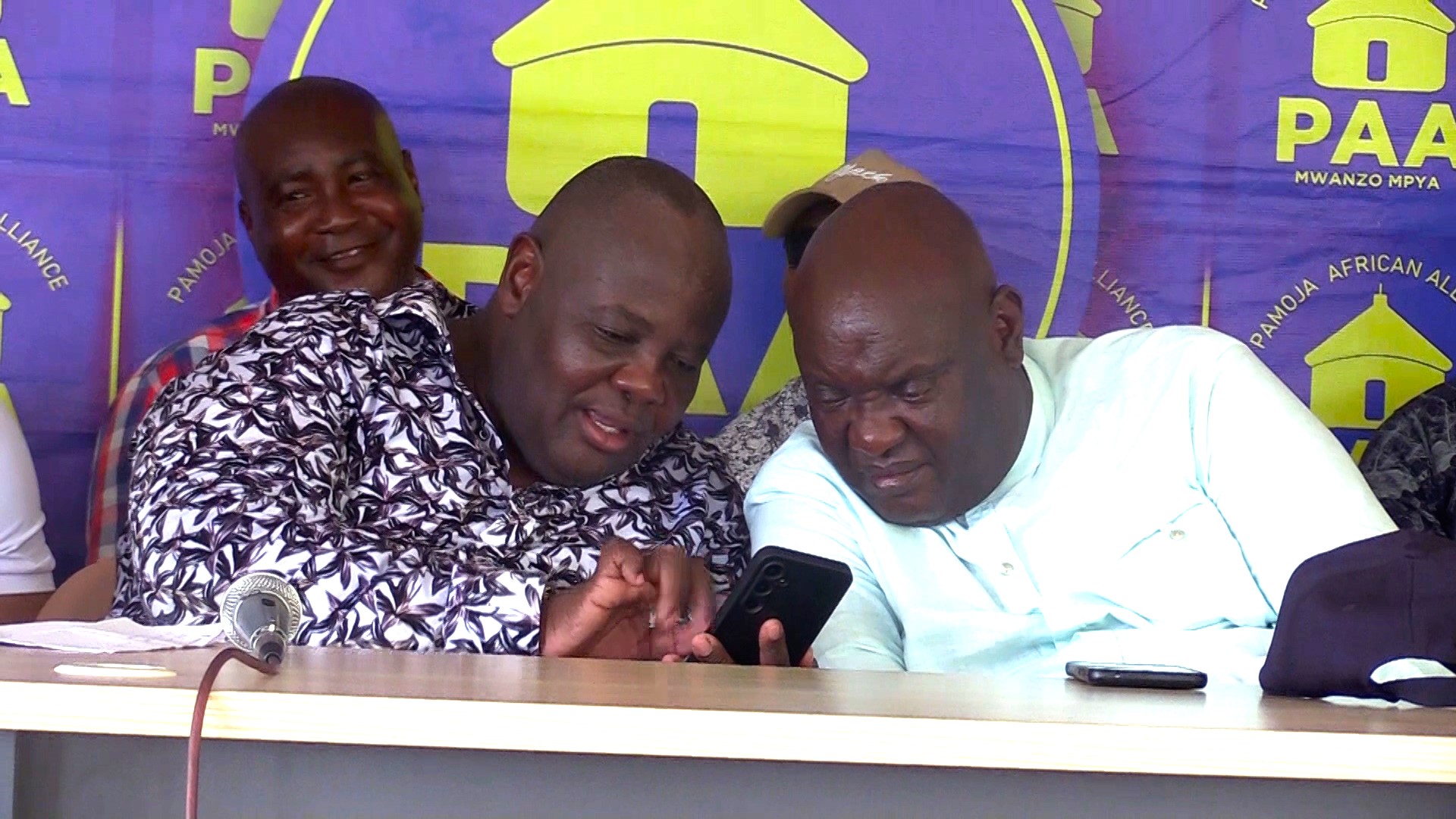Mitumba Traders now want recognition by the government

By Shadrack Musumba
Mitumba Consortium a body representing over two million traders in Kenya has disputed the claims that the second hand clothes in the country are killing the local textile industry
Speaking during the launch of a report on the ‘State of second-hand clothes and footwear Trade in Kenya, the chairperson of Mitumba Consortium Association of Kenya, Rev Teresia Njenga, said that the textile industry, second hand clothes and footwear have greatly contributed to the country’s economy and can both coexist.
Data from the taxman shows that the industry paid ksh.12 billion in taxes to the exchequer in 2019.
According Njenga, the report draws an economic analysis of the demand and supply of used goods and the market interactions that occur based on the goods throughout Kenya and related markets, exploring, value chain analysis, the legal and regulatory regime governing the import and trade of used clothes, and the politics behind the regulation of used clothing markets in Kenya.
“The report points out that open product market competition is likely to expand and promote both the mitumba and textile industries. A healthy, dynamic market in the production of clothing and apparel will strengthen Kenyan manufacturing without being undermined by the second-hand clothing sector,” she said.
An enormous number of Kenyans mainly depends on second-hand clothes which has attracted vast number of traders to the industry impacting positively to many’s livelihood.
This follows a blow to the industry when a ban on sale of second hand clothes was imposed following the guidelines by the ministry of health to control the spread of the dreadful Covid-19 in March last year.
She added that the report goes a long way to strengthen the ties between the industry, government and private sector.
The industry has called for formulation of policies to govern enterprise.
Kamukunji Member of Parliament Yussuf Hassan has lauded officials of the consortium for the lead to the success in the industry.
“The key point, confirmed by economic analysis, is that open product market competition is likely to expand and promote both parts of the sector. A healthy, dynamic market in the production of clothing and apparel will strengthen Kenyan manufacturing without being undermined by the second-hand clothing sector,” he said.
The legislator said he is an ambassador of empowering all Kenyans without discrimination of gender, tribe or age.
He also said he is organizing a tournament for youths in his constituency to empower young people.





